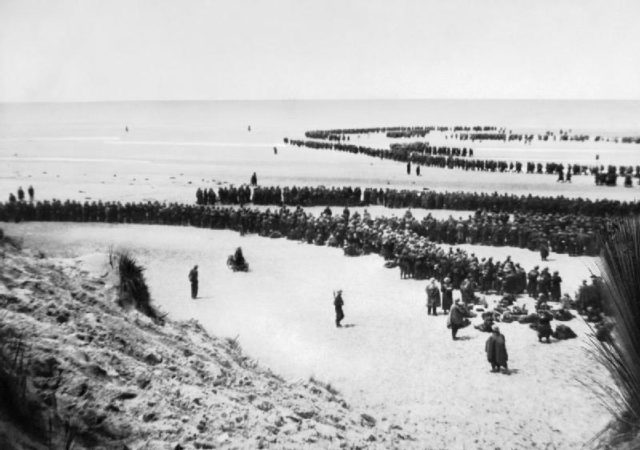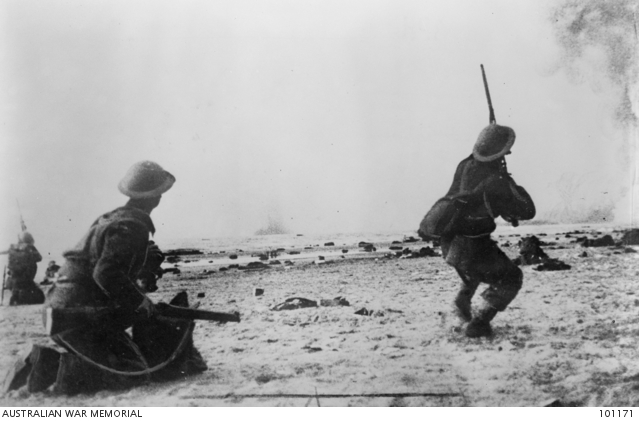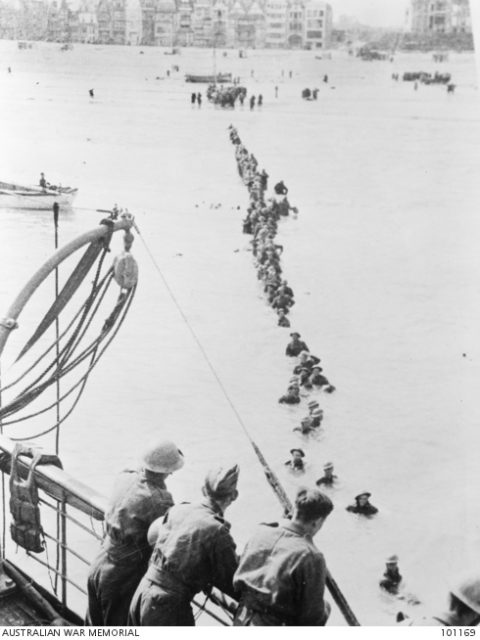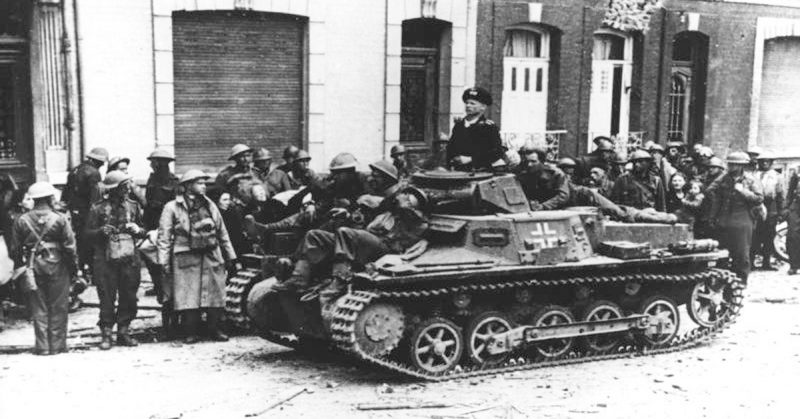Most of the time, especially during big conflicts like the world war, historians tend to lean towards the success stories while some less successful tales are left in the ‘insignificant corners’. Although Second World War is littered with stories of bravery and gallantry of soldiers, the fate of some less fortunate people in the battlefield is mostly forgotten. One such story is associated with the Operation’ Dynamo’ carried out in Summer of 1940 by the British Naval forces, also known as Dunkirk Evacuation.
Despite the fact that Hitler’s posture and activities prior to the invasion of Poland was quiet intimidating in many ways, there were very few world leaders who actually expected Hitler to trigger a World War. This, combined with the Blitzkrieg tactics was one of the reasons why Nazis swept through most of Europe so swiftly. This swift march created numerous problems for the Allies, especially for Britain and France. When German forces pushed deeper into the France and Belgium, scores of British soldiers got cut off and headed for the beaches waiting for evacuation.
Dubbed in the military history as most ambitious and successful evacuation of all time, the ‘Dunkirk evacuation’ is celebrated throughout Europe and Britain as a great victory. The evacuation was carried out under the flag of ‘Operation Dynamo’ in which a large number of vessels were used to help the stranded troops on French shores. The British ministry of defense had sent out an appeal to the public to provide with all operational boats and vessels for the operation. In the end, hundreds of boats were ready to take part in this impressive and momentous task.

The task was an exceptional victory for Britain that helped boost the soldier’s morale for a much more fierce war ahead, but there was another side of the operation which was forgotten by many up until very recently. Operation Dynamo helped rescue more than 338,226 troops from Dunkirk from 27th May and 4th June 1940. Almost 100,000 soldiers were lifted from the beaches while the rest were rescued from the harbor and mole (a wooden breakwater safeguarding the harbor). Out of nearly a thousand large ships used in the operation 236 were destroyed by the German bombings, whereas the number of the little private ships used during the evacuation will never be fully known, The Telegraph reports.

An important side of the Dunkirk that got no real mention in the history books was the fact that a significant number of soldiers were left behind on the shores and could not be rescued. There is conflict on the number of soldiers left behind on Dunkirk, but there is unanimity on their fate under Nazi regime. Some 40,000 troops were left behind fighting with the Nazi forces and were later taken in as prisoners of war. Most of these men were put in the prisoner of war camps to work in the mines under inhumane conditions with very little to eat and drink. Some of these men died in the prisons with malnourishment and other incidents, but that was not all for these men.

The evacuation of the Dunkirk was largely hailed by the British and was marked as a victory against Nazism, however not much heed was paid towards those who could not be evacuated. Those who survived the ordeal in Nazi camps and returned home spoke of hell and intense psychological damage under Nazis. But the most troubling factor in their lives has never been the time they spent under Nazis, it is rather the neglect of the British people and media after the success of the Dynamo and even after the end of the War itself.
